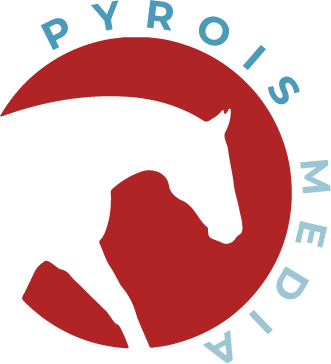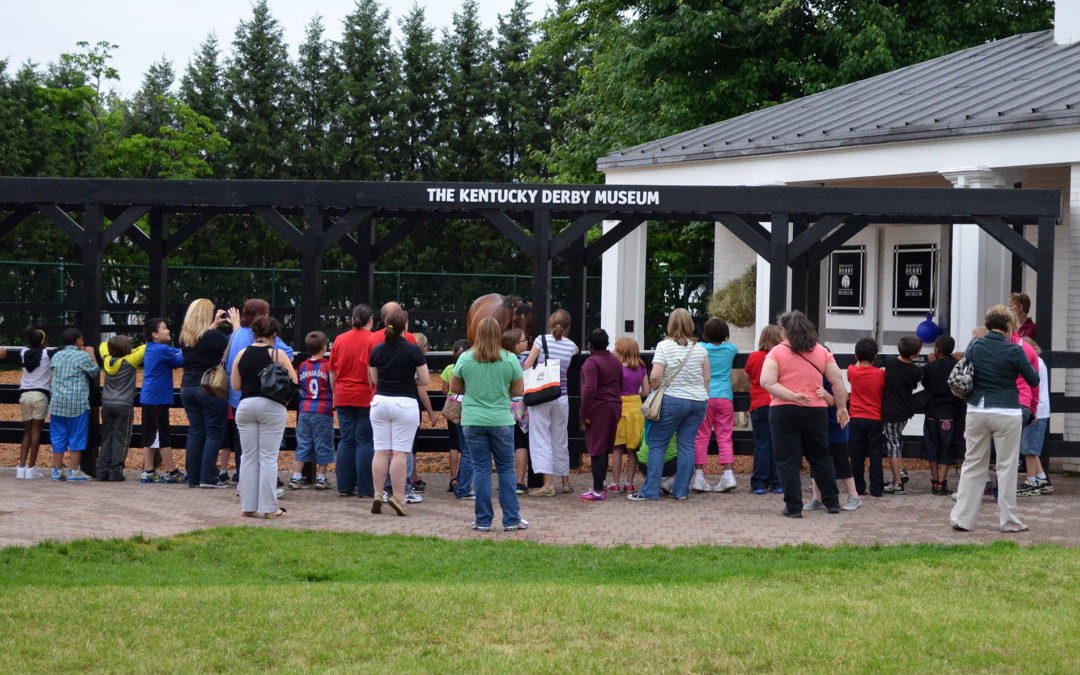If you’re like I was when I was younger and thinking about a career in the equine industry, you’re most familiar with the jobs we all know – trainer, jockey/rider, and groom.
For a long time in my youth, I thought being a barrel racing trainer was the career path for me and jumped into researching how to get there with both feet. Then I bred and helped train my first horse and learned that training wasn’t the career path for me.
I was a bit lost about what I wanted to do after discovering a goal I’d had in my mind for so long wasn’t one I’d actually wanted but l regrouped and started digging into other careers. After years of reading equine magazines, I decided my love of writing was the way forward for me. I went to school for a journalism degree and continue to use it today as a freelance writer and website manager.
Even after spending a decade actively working in the industry, I discover new career paths all the time. Knowing the struggle that comes with finding your dream career, today I’ve put together a list of just a few careers outside the barn that you can choose in the horse industry.
Accounting: If numbers are your thing, an accounting career working with horsemen may be for you. Making sure stud or training fees have been received, taxes have been filed, and bills have been paid are all important roles on a farm with some farms having an in-house accountant. There are also accounting firms that focus on the equine industry that are used by farms in multiple disciplines if you’re looking for some diversity. Keep in mind that you’ll likely have to go to college to get an accounting degree if this is a job you’re interested in. Many careers in the industry look at hands-on experience over a college degree but this usually isn’t one of them.
Journalism: If you’re like me and love writing or if you’d like to star on television, going into the equine journalism field may be for you. There are a variety of equine magazines and newspapers in the industry and while they aren’t news channels, there are also some dedicated equine news channels as well. Depending on your outlet, this career path also gives you the opportunity to travel in some instances but it’s not all butterflies and rainbows. Unfortunately, with the rise of free news, many publications continue to cut back their budgets so it is harder to get a journalism position.
A different writing role that will have you releasing news is working in the communication department at one of the various registries and organizations in racing. Personally, after graduating with my degree I interned in US Equestrian’s Communications department where my degree came in handy throughout the six months I was there.
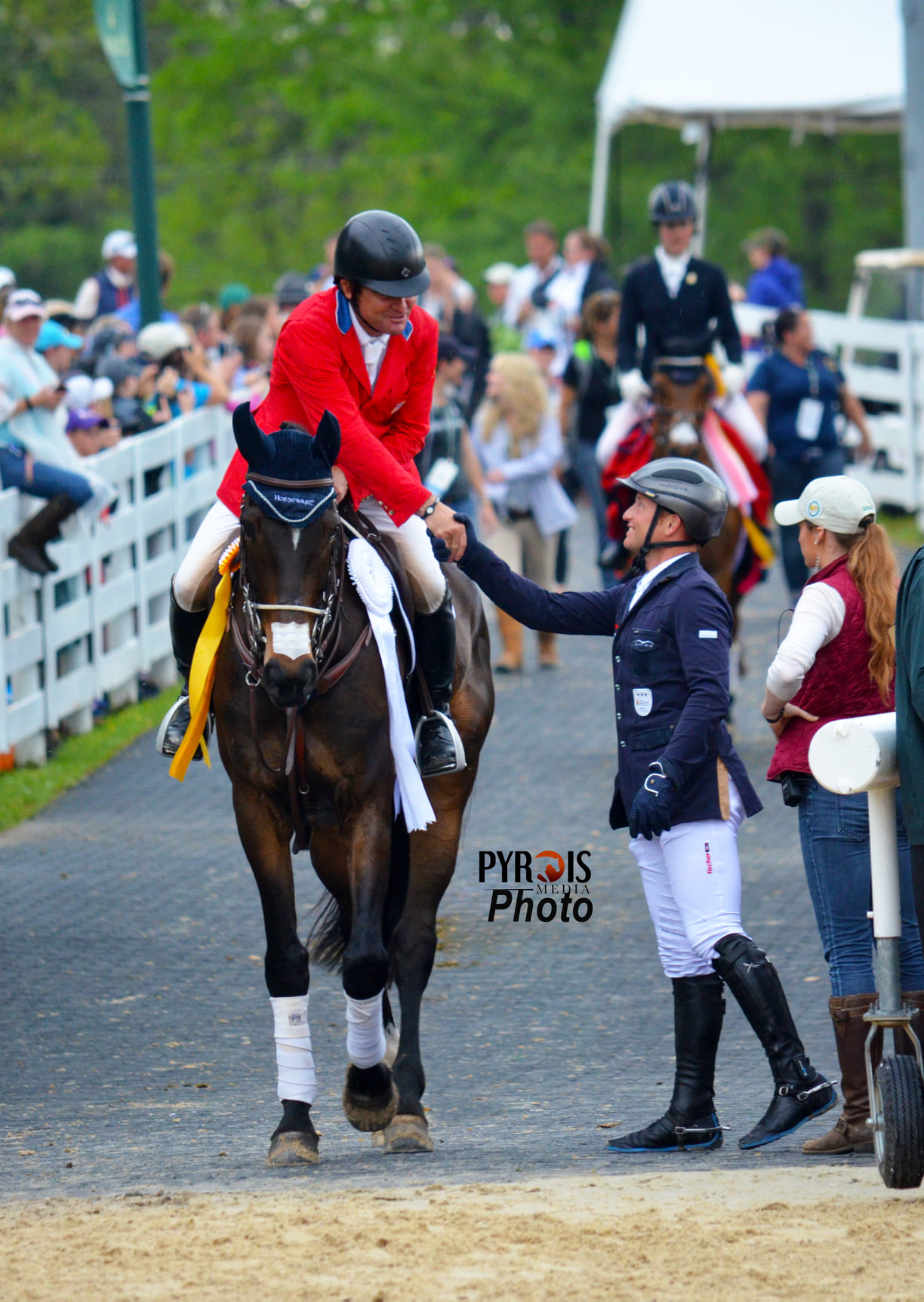
If you’re a journalist, you may get to cover some of the biggest horse shows and races in the world.
Marketing: A career in marketing can take you many different directions in the equine industry. This role could see you helping create an ad campaign for an equine product, a logo for a new stallion, or running social media for a farm as just a few examples. Some businesses and farms may have most of their marketing team in-house while others use advertising agencies depending on their size and needs. If you think marketing sounds fun, you can find a lot of information about the career path and what is needed online. It is recommended that you take at least a few marketing classes at college if you aren’t focusing on graduating with a marketing degree as figuring out what consumers want can be difficult and marketing classes gives you a knowledge base of where to start on that front.
Photographer/Videographer: Another career it can be difficult to get into full-time but can be fully rewarding is that of a photographer or videographer. If you’ve been to any horse event, you’ve probably seen the professional photographers and possibly even videographers around the rings or the racetrack. Photographers and videographers are also hired by barns to be their contracted photographer and by stud farms to take videos and photos of their stallions for advertising purposes. In addition to sales videos in most disciplines, walking videos for Thoroughbreds for sale is becoming a standard part of the auction process for consignors. In addition to in-person buyers, the horse industry is seeing a rise in internet auctions and buyers bidding at live sales online so videos are becoming a crucial sales tool.
If you want to try out your hand at photography, I recommend asking an established photographer to take you on as an intern or an assistant. You can learn a lot by watching tutorials online and shooting on your own but working with a professional photographer will let you see if it’s something you want to pursue. Spending time as their assistant gives you an idea of what their days are like and the knowledge of other small details you have to consider when taking on the role.
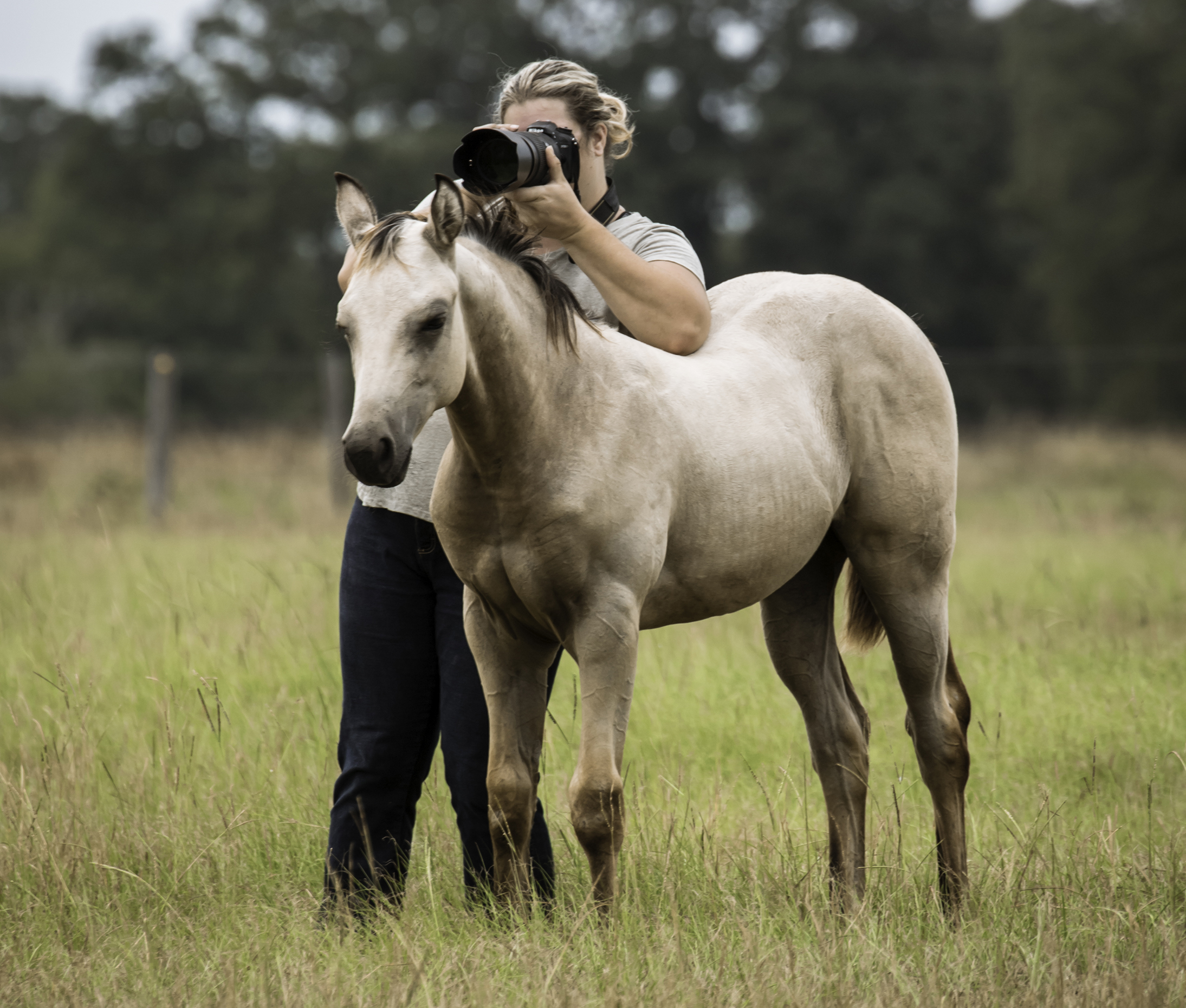
Registration/Customer Service: Some breed and discipline associations have full-time staff perform a variety of roles. Two of those roles are helping people register their horses and customer service for anything that may arise during that process. Usually a combined role, someone who works in the registration department will make sure the horse owner has everything needed to successfully register their horse or transfer the horse to another owner. Just a few of the customer service duties you may be required to help with are naming issues, lost papers, or questions about registration fees. Some of the registries also hire part-time staff, especially during busy seasons, or interns and may even rotate you through different departments. This not only gives you a chance to see if this is a good spot for you but also experience other careers in the company.
Secretary: The role of a secretary can be extremely varied. If you’re at a breeding farm, you may help book mares to stallions or if you work for a trainer you may be in charge of entering shows/races or sending updates to clients. For those wanting to get more experience in the equine industry, a job as a secretary can also be a good choice because you are exposed to many different parts of how the company you’re working for runs. If you’re going to school in a major horse area, it is worth contacting farms to see if they need part-time help in their office. Not only will the job help you get experience but can also provide you with contacts when you’re ready for a full-time job.
Tour Guide: If you’re a fan of equine history, this job may be for you. There are different equine museums and libraries throughout North America and abroad that give tours to visitors to teach them about the museum’s breed or discipline. Another place where you can be a tour guide is on a farm (which often goes hand-in-hand with a marketing role) with some farms scheduling their own tours and many in central Kentucky using Horse Country. You don’t have to be a history buff to take a job like this, but if history is something you especially enjoy it is definitely a job to consider.
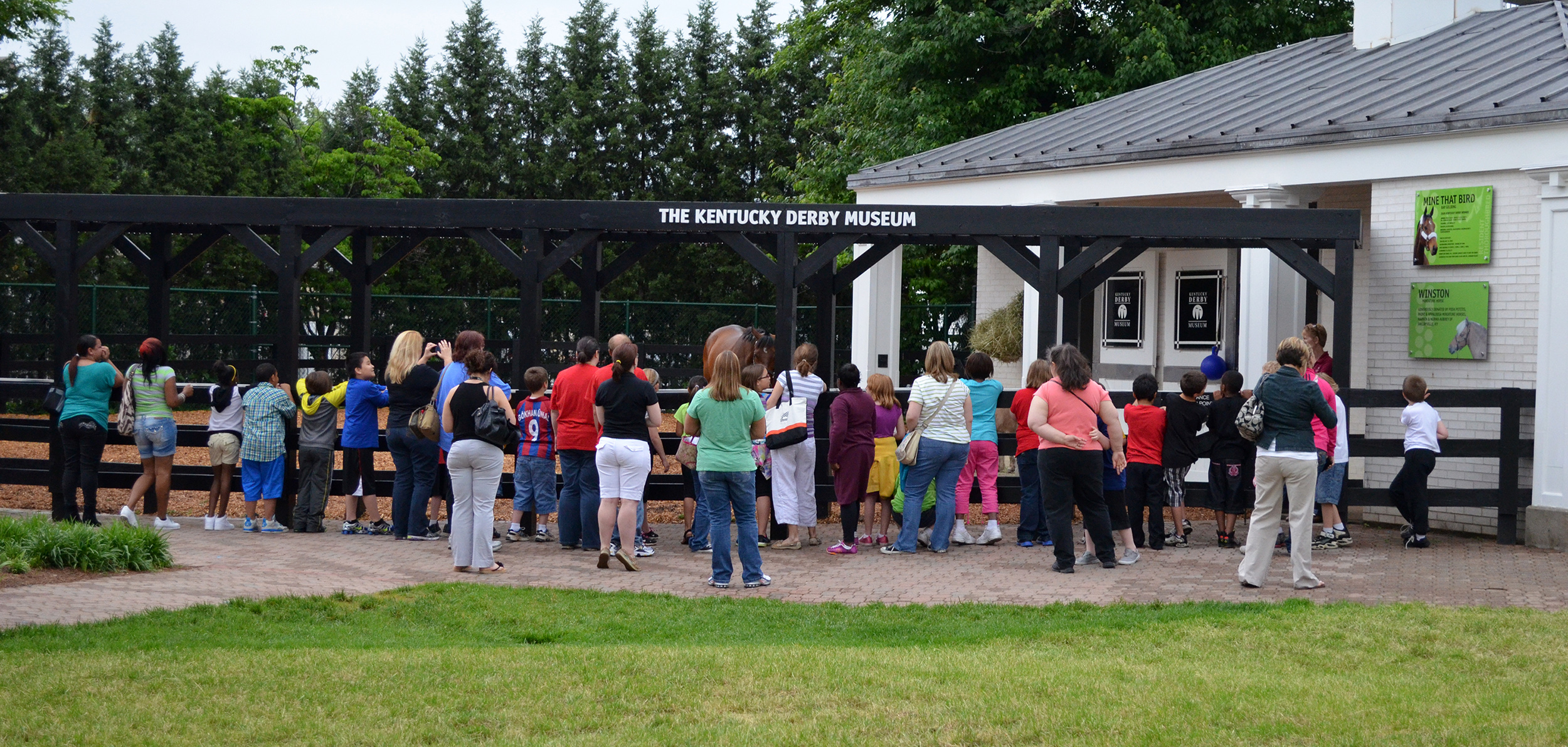
A tour at the Kentucky Derby museum.
Vet Tech: If you want to work hands-on with horses in a medical setting but aren’t sure being a vet is for you, becoming a veterinary technician is another career path to consider. Some veterinary technicians work with mobile vets and travel to farms or shows, while others work at clinics where they may help with surgeries. If there’s something you’re especially interested in, you can often find Tech programs that have specialization courses to help you gain that specialized knowledge. The length of schooling to become a Vet Tech depends on the program you’re in. Many offer two year degrees but there are also four year programs as well.
There are a variety of different resources available to anyone wonder what careers are open in the horse industry. Both Amplify Horse Racing and Thoroughbred Industry Careers provide resources for careers in the race industry, for example. Together For Racing also has a list of different educational programs and associations around the world with many of the programs focusing on more than just racing.
Have questions about how you can get involved in the equine industry? Email Melissa@PyroisMedia.com!
